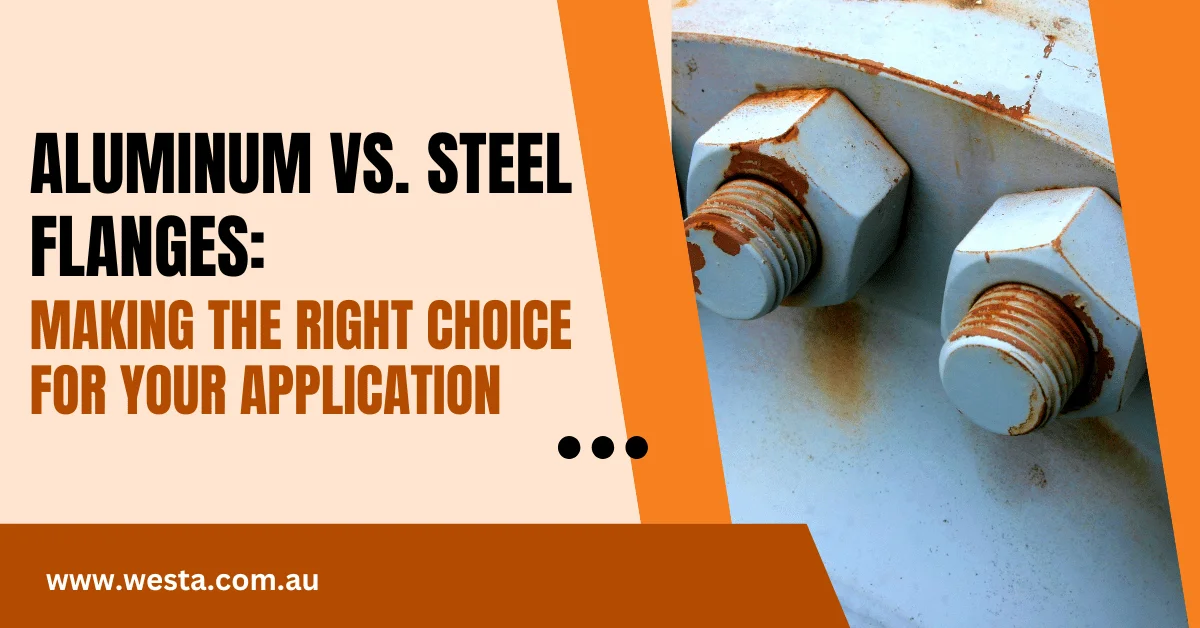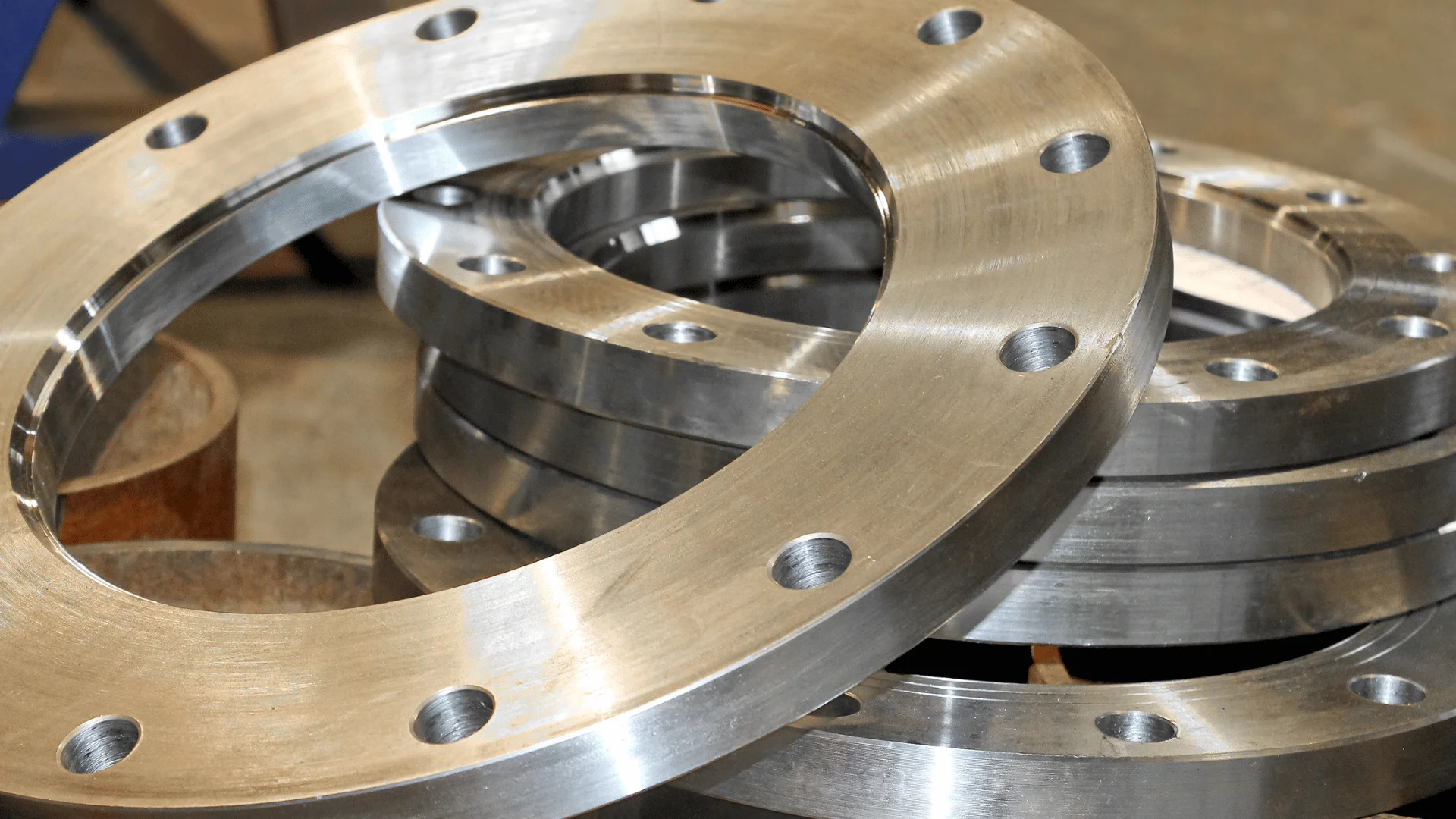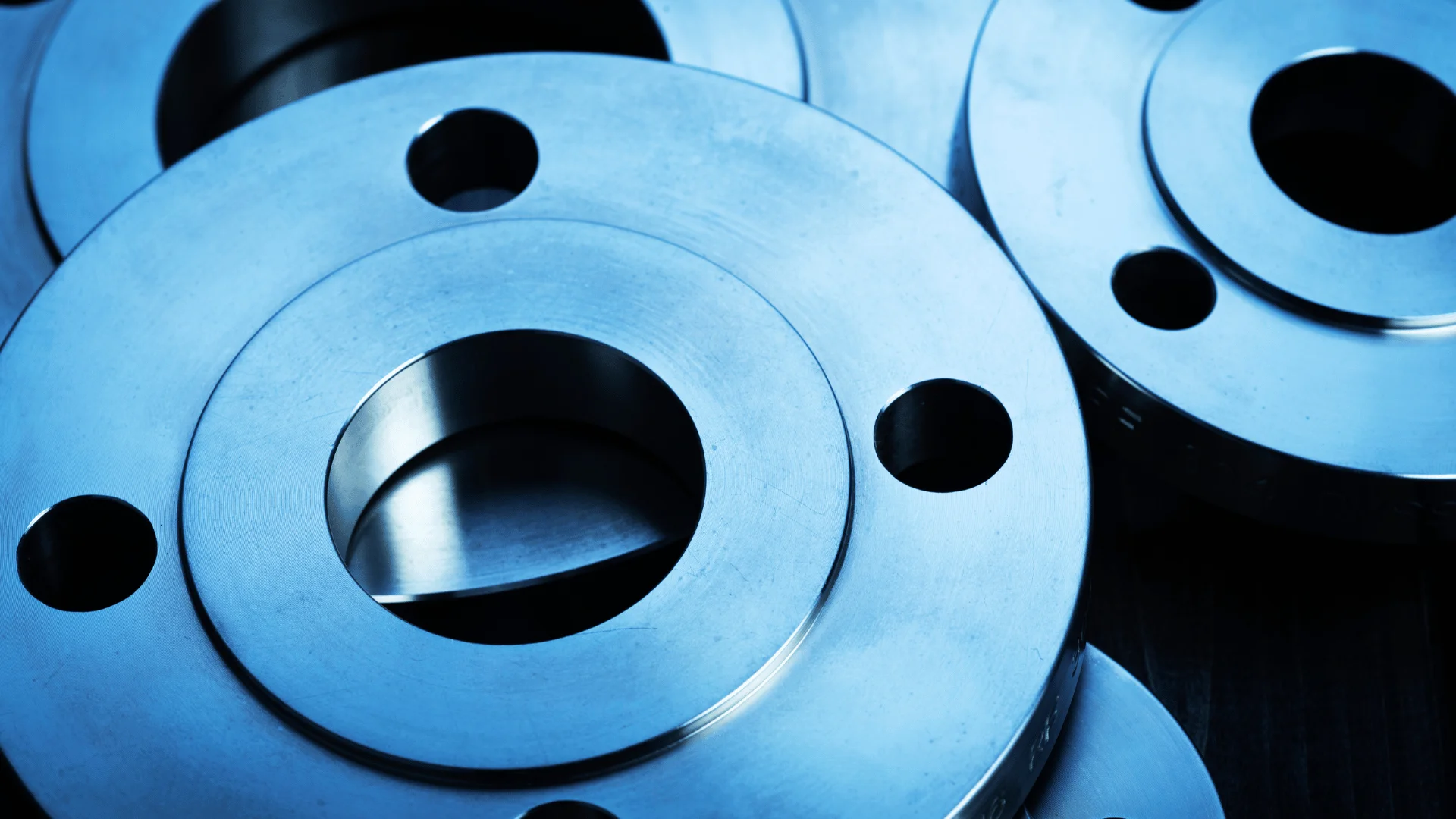We Offer Revolution Of Industrial Engineering
More Information
+91 9911757222
+91 9911757222

Weight reduction or corrosion resistance? This fundamental question drives most decisions between aluminum and steel flanges. But there’s much more to consider beyond these obvious factors.
I recently consulted on a marine project where the initial choice of stainless steel flanges seemed logical due to the corrosive environment. However, after analyzing the specific conditions, we switched to 6061-T6 aluminum flanges, saving 67% on weight while actually improving performance in their particular saltwater exposure scenario.
Let’s examine the real-world performance differences that should guide your material selection:


Weight Considerations
The weight difference between aluminum and steel flanges is substantial:
Aluminum flanges typically weigh 65-70% less than steel equivalents
This weight reduction can be critical in mobile equipment, aerospace, and marine applications
Lighter components often mean easier installation and reduced structural support requirements
Weight savings compound in systems with multiple flanged connections
Corrosion Resistance Realities
The corrosion equation isn’t as simple as many engineers assume:
While aluminum forms a protective oxide layer, it can be vulnerable to certain chemicals and galvanic corrosion
Stainless steel offers excellent general corrosion resistance but can suffer from pitting in certain environments
Carbon steel requires protective coatings that can be damaged during installation or service
The specific operating environment must be carefully analyzed to determine optimal material choice
Thermal Considerations
Temperature factors extend beyond simple maximum ratings:
Aluminum’s higher thermal conductivity can be advantageous or problematic depending on the application
Differential thermal expansion between aluminum flanges and steel piping can create sealing challenges
Aluminum’s lower temperature limits restrict its use in high-temperature applications
Heat dissipation characteristics can impact overall system thermal management
At Westa, our material selection expertise helps clients navigate these complex considerations. Rather than simply providing aluminum or steel flanges based on initial requests, our engineering team works with clients to understand their specific application requirements and recommend the optimal material solution.
Our manufacturing capabilities include both aluminum and steel flanges, with specialized equipment and processes optimized for each material. This versatility ensures that regardless of which material best suits your application, we can deliver flanges that meet your exact specifications with the quality and reliability your systems demand.
For applications where weight reduction is critical but corrosion concerns exist, we often recommend specialized surface treatments for aluminum flanges that enhance their corrosion resistance while maintaining their weight advantage. These treatments can dramatically extend service life in challenging environments while preserving the benefits of aluminum construction.
Contact Westa today to discuss your flange material requirements and benefit from our application-specific recommendations

WESTA Global
25 FINANCE PLACE MALAGA , WA 6090
83-84, DDA Market, J Block,
Vikaspuri, New Delhi 110018
+91 9911757222
hellowesta@gmail.com
teamtradesate@gmail.com
+61 433 560 490
TRADESATE Pvt. Ltd.
B11/226, Sri Hargobindpur, Punjab 143515
Copyright © 2024 WestaGlobal.